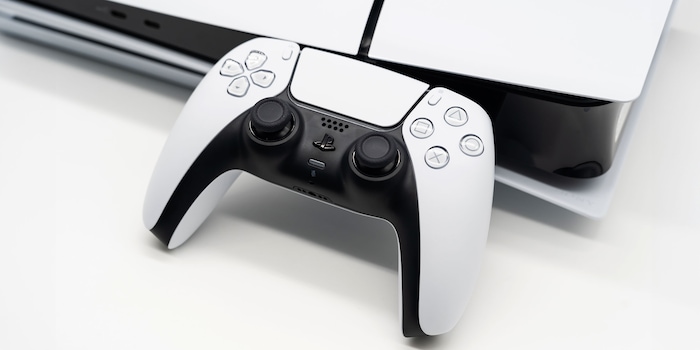
Playstation 6: AMD secures the chip deal again - Intel comes away empty-handed
First news about the Playstation 6: AMD has been awarded the contract to develop the processor. Intel failed in the negotiations, partly because the margins were too high. Sony thus remains true to its partnership with AMD.
No sooner has Sony unveiled the Playstation 5 Pro than the first news about the Playstation 6 emerges, concerning one of the console's most important components: the processor. According to the international news agency Reuters, AMD has once again been awarded the contract to develop and produce the chip for the upcoming Sony Playstation 6.
This means that the US chip manufacturer Intel, which was also bidding for the contract, has suffered a bitter defeat.
High margins cost Intel the Playstation contract
The reason for Intel's cancellation is said to have been negotiations in 2022. These were attended not only by the company bosses, but also by dozens of engineers and managers who discussed possible chip designs. Such discussions are common in the industry and take place years before the finalisation and production of a new console; a Playstation 6 is not expected before 2028.
In the end, however, the negotiations failed due to Intel's high profit margins - much to the company's displeasure. A commitment from Sony would not only have strengthened Intel's design segment, but also boosted the foundry business, which is considered the centrepiece of CEO Pat Gelsinger's turnaround plan. After all, the American company, which unlike AMD and Nvidia missed out on the AI boom, has been struggling with falling profits for months. Intel recently announced that it would lay off 15 per cent of its workforce in order to save ten billion dollars in costs
It is clear that Intel is desperately looking for a large customer that it can publicly name as a reference for its new, advanced 18A manufacturing process. With this process, Intel Foundry should be on the rise again from the end of 2025. A long-term contract with Sony would not only have brought in much-needed 30 billion dollars in revenue, but would also have helped to attract more customers to Intel's foundry business and boost confidence in its own semi-custom development and chip contract manufacturing.
Sony remains loyal to AMD
There could be another reason why Sony is ultimately relying on a customised chip from AMD for the Playstation 6: backwards compatibility. The current Playstation 5 already runs on a customised chip from AMD. Switching to Intel would have entailed the risk that the Playstation 6 would no longer be backwards compatible, meaning that older Playstation 5 games might not have been playable on the new console - possibly a knock-out criterion for Sony.
Intel is now forced to react to this setback. The company must adapt its strategy and find new ways to remain successful in the highly competitive chip manufacturing market. The competition is not sleeping, and AMD has further strengthened its position by winning the Playstation 6 deal.
Update from 18 September, 9:16 am - Intel finds partner in Amazon
It seems that Intel has found its big customer after all: Amazon Web Services (AWS). This was confirmed by Pat Gelsinger in an interview with the Irish Times. Intel is said to be developing a customised AI chip and a Xeon processor for AWS.
This collaboration will be part of Intel's efforts to expand its foundry business and strengthen semiconductor manufacturing in the USA. Intel is expected to produce chips based on its advanced 18A technology, which should improve the performance and efficiency of AI applications in the cloud. AWS, in turn, hopes to make its cloud services more competitive with specialised chips.
The news of the partnership caused Intel shares to rise by eight per cent.
I write about technology as if it were cinema, and about films as if they were real life. Between bits and blockbusters, I’m after stories that move people, not just generate clicks. And yes – sometimes I listen to film scores louder than I probably should.
From the latest iPhone to the return of 80s fashion. The editorial team will help you make sense of it all.
Show all